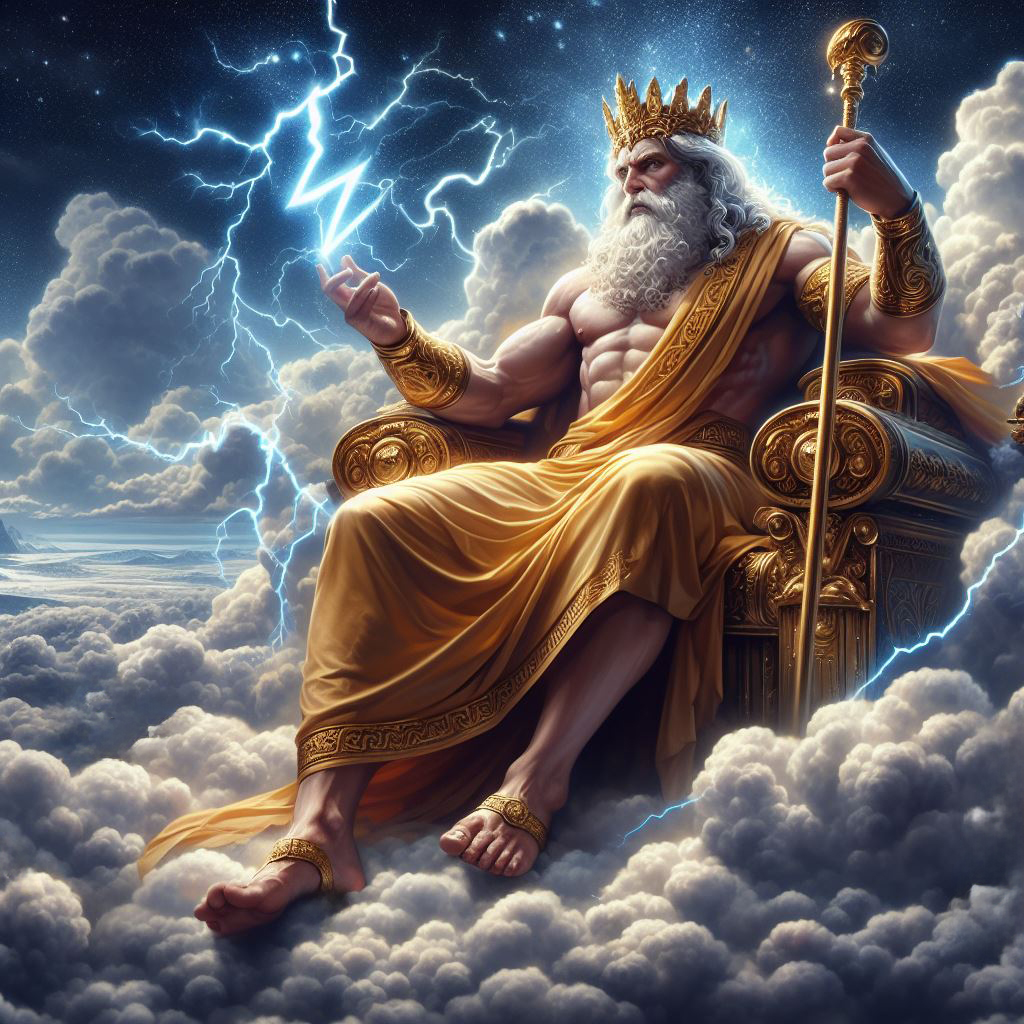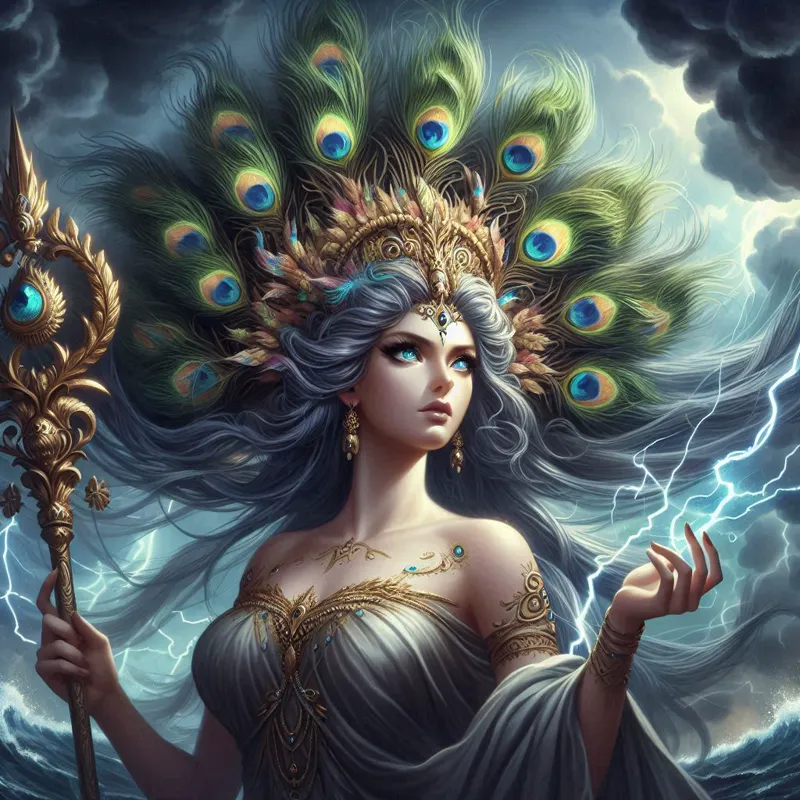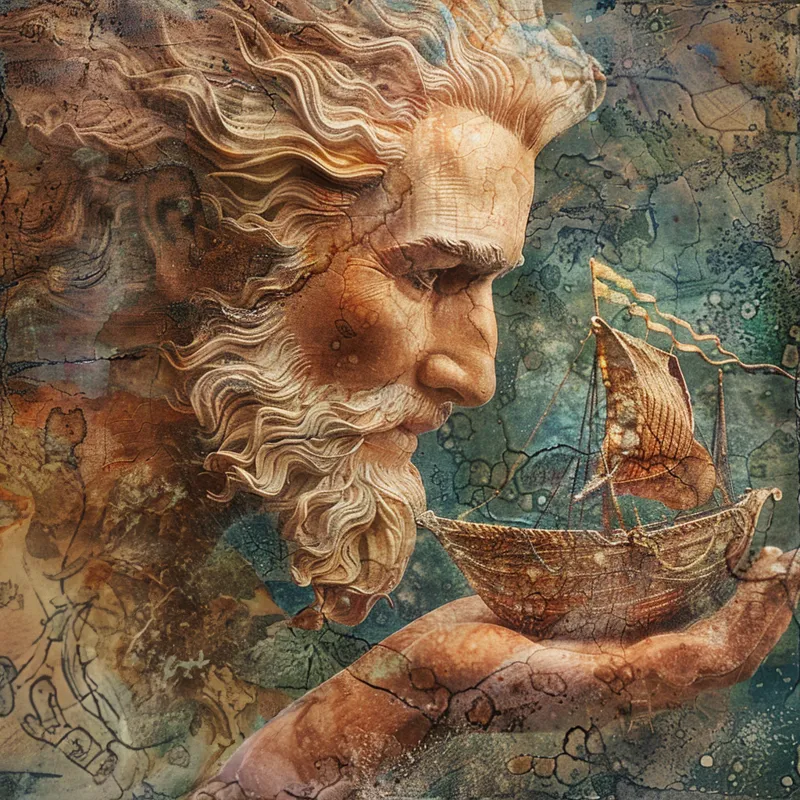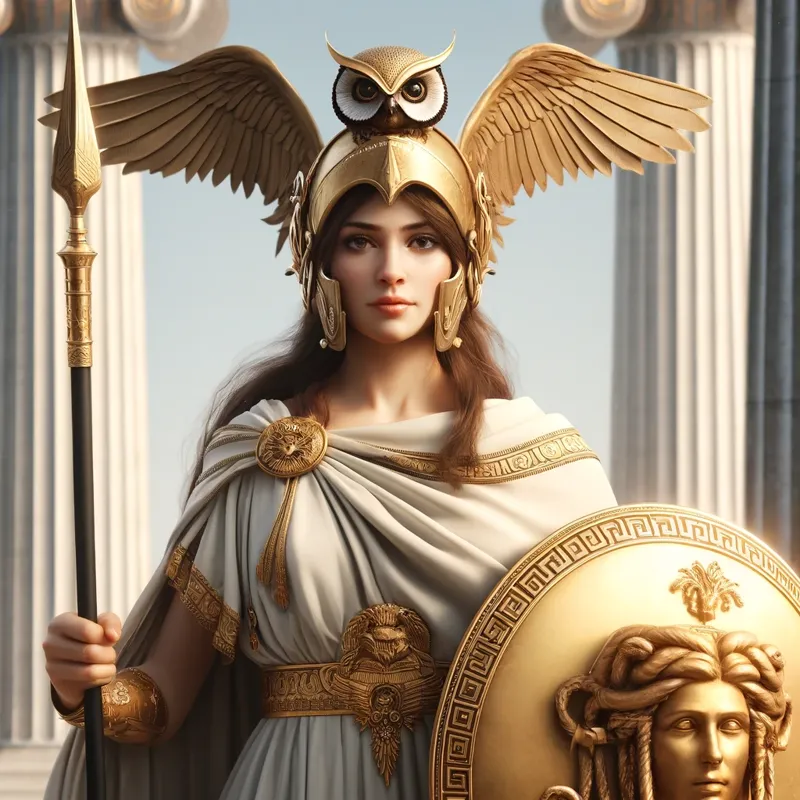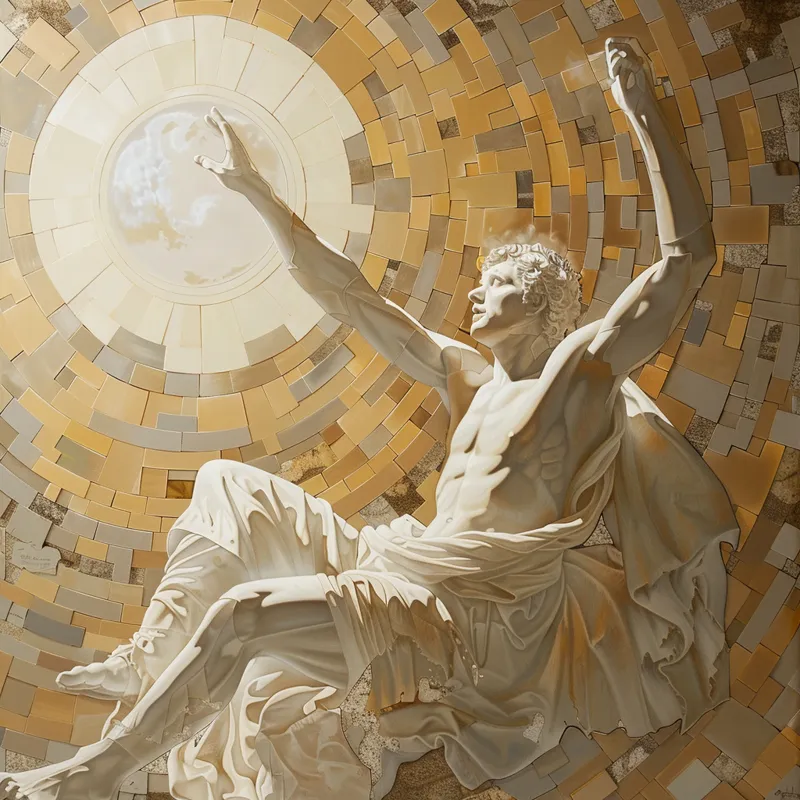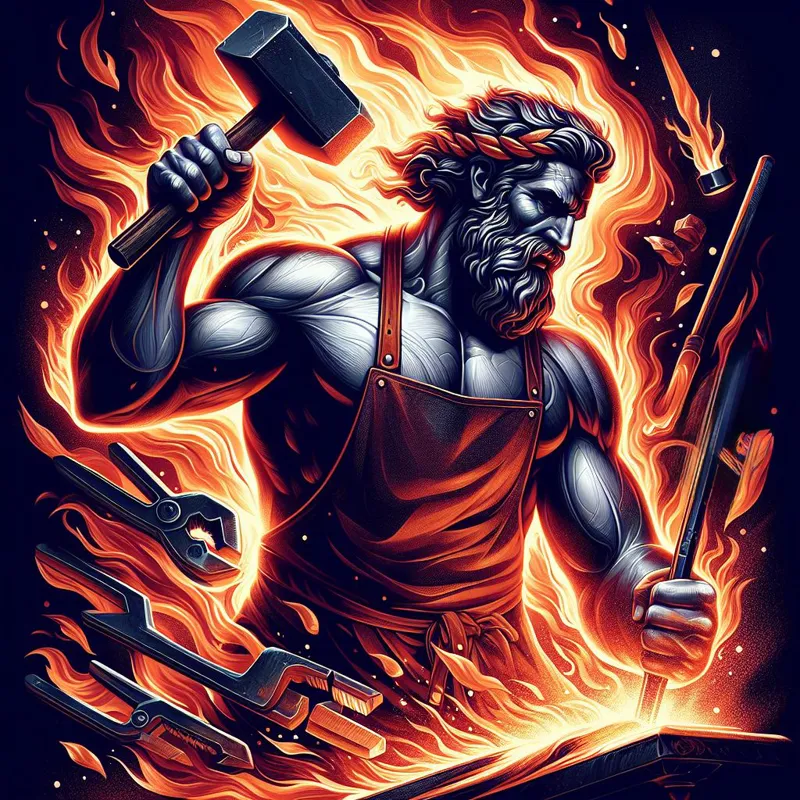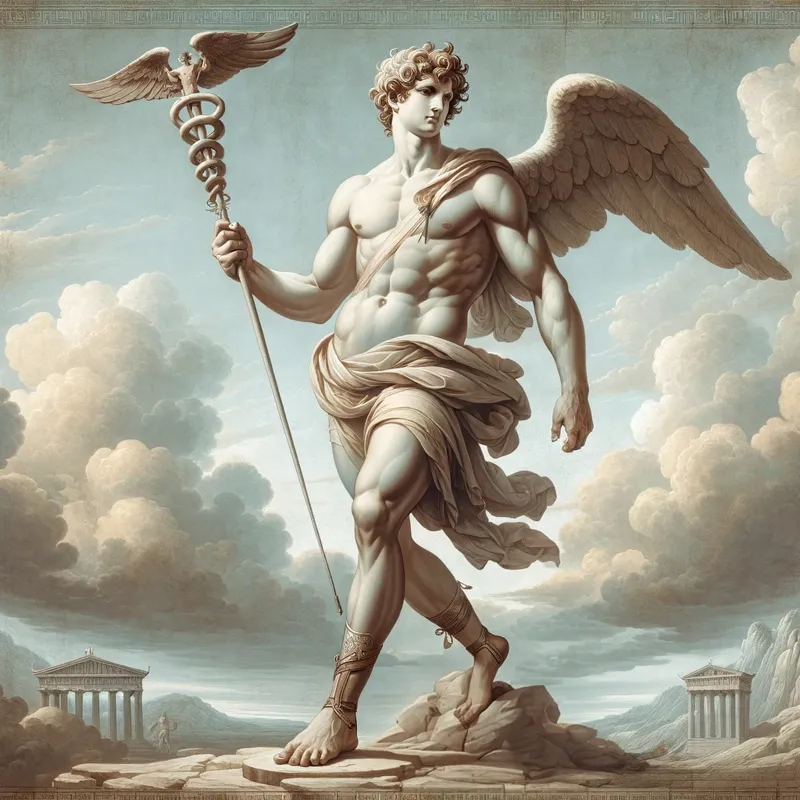
Indomitable Defense
In the annals of Greek mythology, Hercules, the son of Zeus, renowned for his superhuman strength and adventurous quests, was tasked with twelve labors by King Eurystheus.
The ninth labor demanded Hercules to retrieve the Belt of Hippolyta, the queen of the fearsome Amazons. This belt was not an ordinary article of clothing but a magical girdle given to Hippolyta by Ares, the god of war. The quest symbolized not only a test of Hercules' bravery but also his diplomatic cunning.
As Hercules set sail for the land of the Amazons, he was well aware that this task would require more than his famed strength. The Amazons were known as formidable warriors, and their queen was both respected and feared in equal measure. The labor was not just a quest for a physical object but a trial of Hercules’ ability to navigate a culture where women ruled and men often met their demise.
The Voyage Begins

Tread lightly
Hercules embarked on his journey to the land of the Amazons, accompanied by a few chosen companions. The sea was treacherous, but the resolve in Hercules’ heart was steadfast. He knew that the Amazons were a force to reckon with, and reaching Hippolyta would be a perilous feat. The ship cut through the waves, each crest bringing Hercules closer to his formidable task.
Upon arrival at the shores of the Amazon territory, Hercules was struck by the sight of the fierce warriors training on the beach. The Amazons moved with grace and lethal precision, their eyes sharp and their stance ready for battle. This was a society of warriors, and Hercules knew he had to tread lightly.
The Meeting with Hippolyta

The God Queen of Woman Kind

I am the strength that flows into all who believe
The sight of Hercules and his men did not go unnoticed. A group of Amazon scouts quickly surrounded them, their spears pointed with intent. Hercules, with his hands raised in peace, requested an audience with Queen Hippolyta. With cautious curiosity, the Amazons led the visitors to their queen. Hippolyta sat on her throne, exuding power and poise, her fabled belt glistening at her waist.

A man chooses. A slave obeys

The courage to be scrutinized
Hercules pleaded his case before Hippolyta, his voice resonating with a respectful earnestness. He spoke of his labors, his penance, and his need for the belt. Moved by his words and the plight he faced, Hippolyta considered his request. There was something about this Greek hero that intrigued her, and she found herself pondering the possibility of aiding him.
A Display of Strength
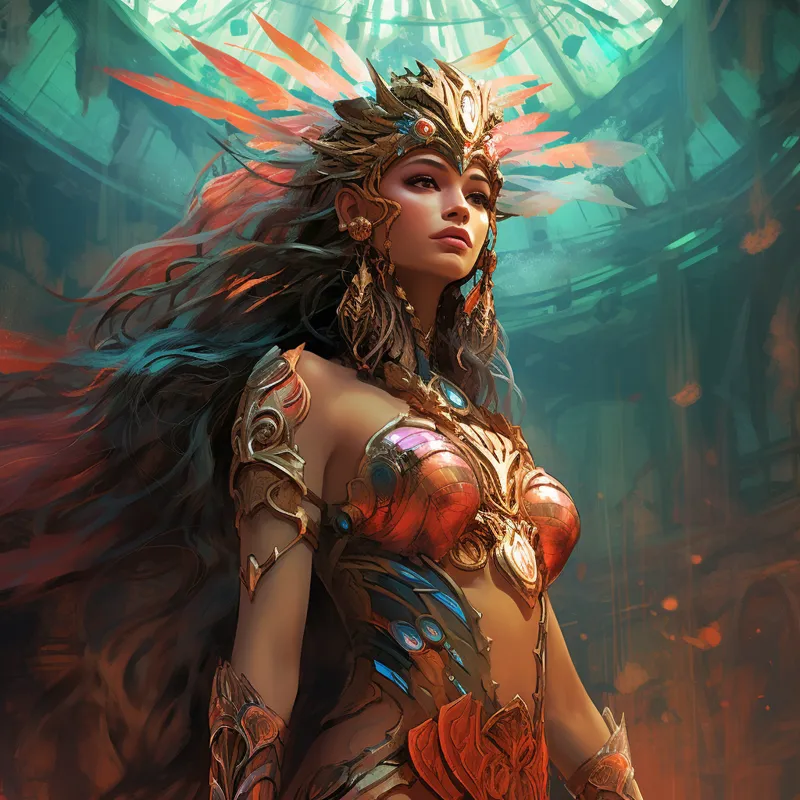
Show me what you believe strength is

Those Worthy of admiration
To prove his worth, Hercules offered to demonstrate his strength in friendly combat. The Amazons, intrigued by this display, agreed. Hercules fought with honor, besting the warriors without causing harm, showing skill that earned him nods of respect from the watching Amazons. His power was immense, yet he wielded it with control and without arrogance.
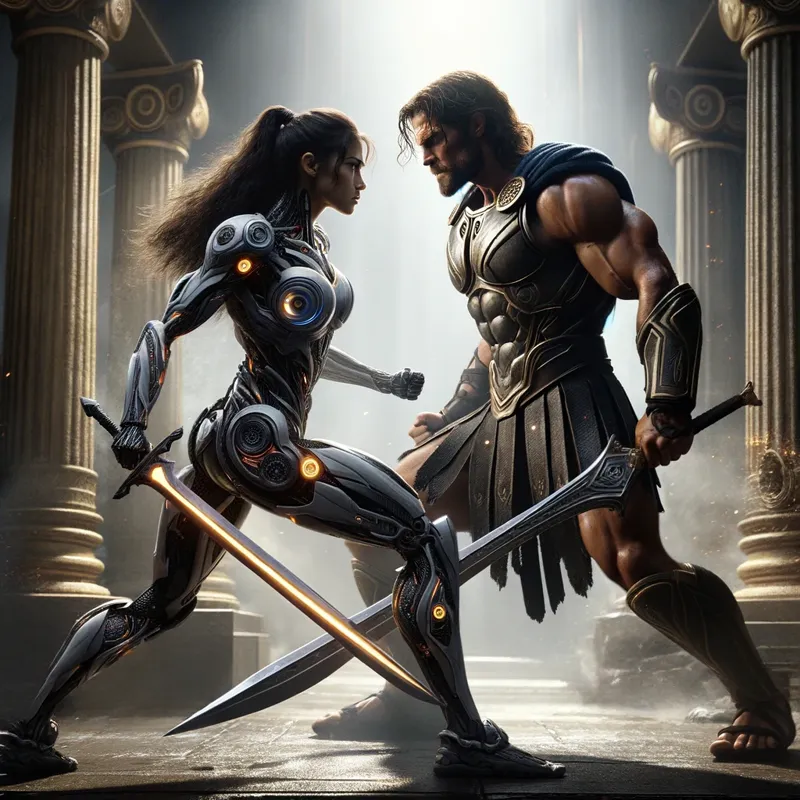
Is everything just power?
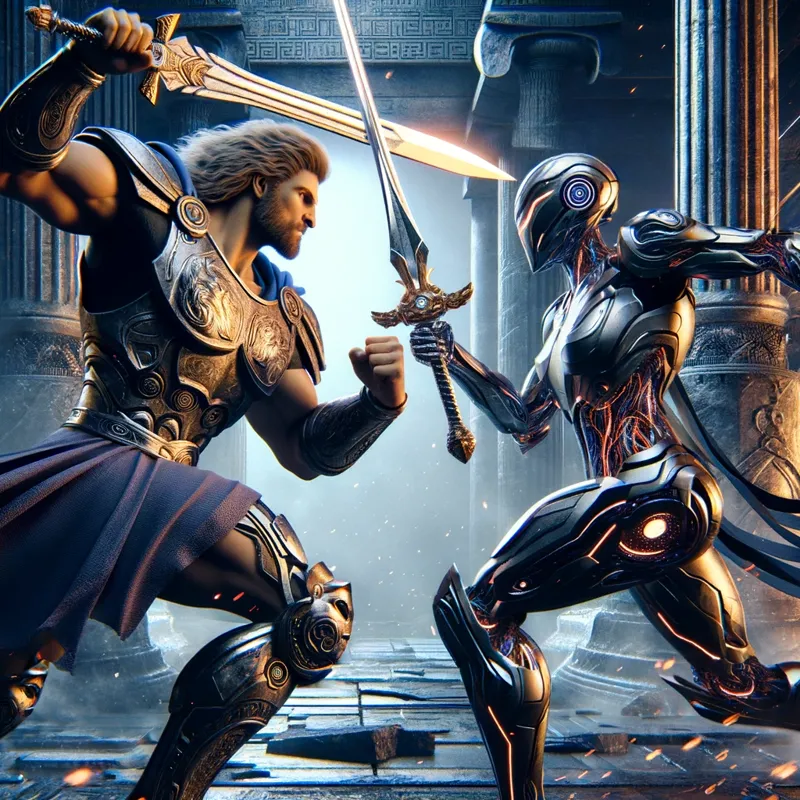
Weapons from another world

Control/lortnoc

What is a man?
Hippolyta, witnessing the respectful manner in which Hercules engaged with her warriors, felt a sense of camaraderie with the Greek hero. She declared that Hercules had earned the belt through his strength and character. The Amazon queen removed the girdle and presented it to Hercules, decreeing it a gift to aid him in his labors.
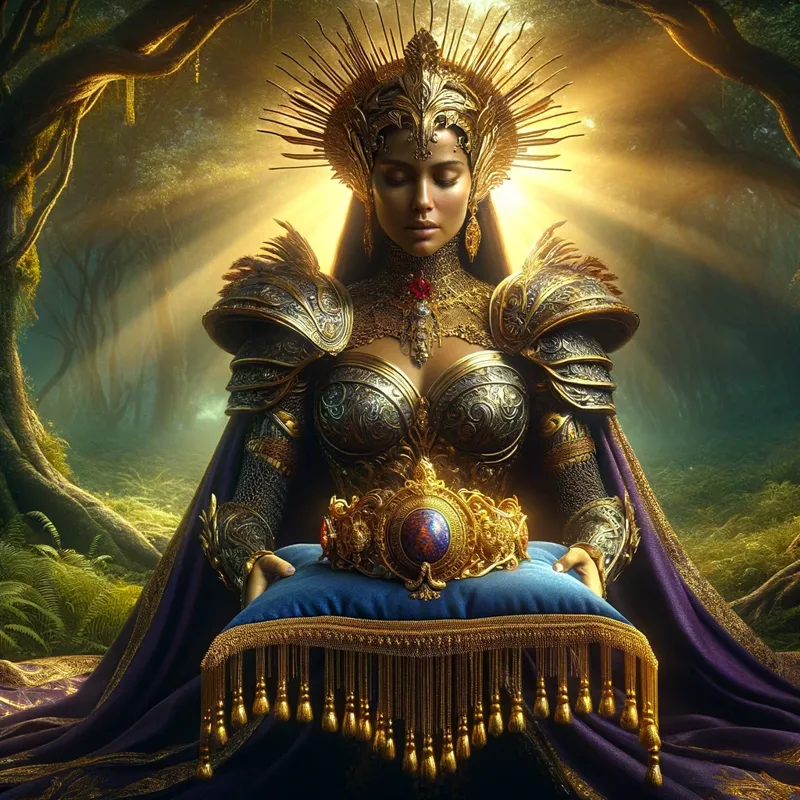
Worthy of the title
Hera's Deception

We must never forget... we must never forgive
However, Hera, ever resentful of Hercules and his father Zeus, was not pleased with this peaceful exchange. Disguised as an Amazon warrior, she spread a rumor that Hercules intended to kidnap their queen. The Amazons, fiercely protective of Hippolyta, armored themselves for battle, their hearts filled with betrayal and rage.

All... are... unworthy

Protect the queen
The air was thick with tension as the Amazons charged toward Hercules and his men. Hercules, realizing the work of Hera, was forced to defend himself while trying to avoid harming the deceived Amazons. The skirmish was fierce, with neither side yielding, a tragic conflict born of misunderstanding and divine mischief.
The Escape with the Belt

All are unworthy? Even Hercules?
In the midst of the chaos, Hercules' composure was his ally. He used his wit and strength to create a path through the onslaught, and with the belt securely in his possession, he signaled his men to retreat to their ship. The battle cries of the Amazons echoed as Hercules and his crew made their escape, the sounds haunting them as they sailed away from the land of warrior women.
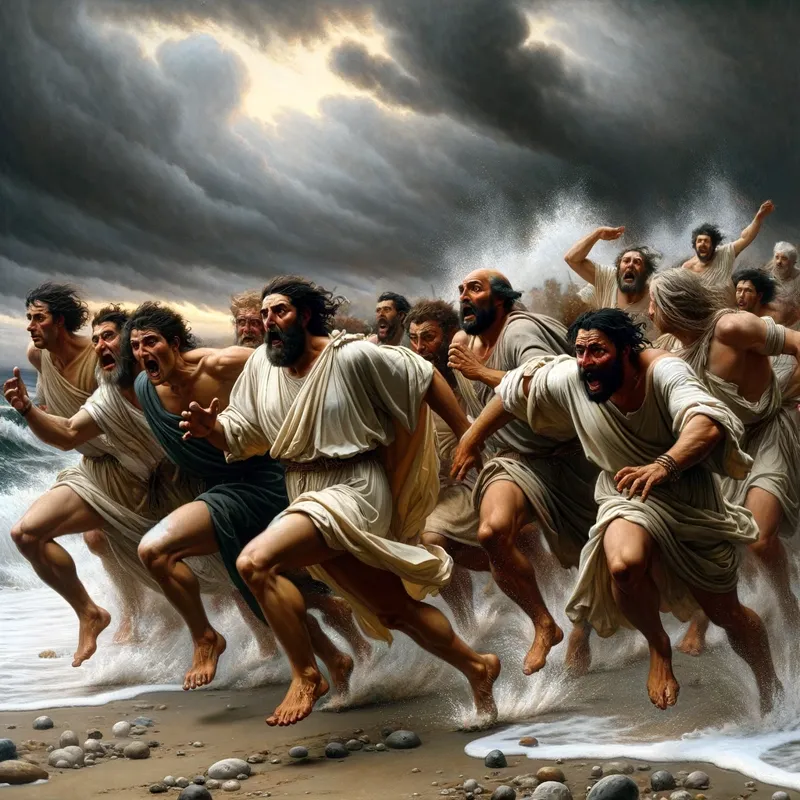
Back to the boats!
As the ship retreated into the horizon, Hercules could not help but feel sorrow for the way things had ended. The belt of Hippolyta was his, but the cost of Hera's deception weighed heavily on him. The respect he had earned was tainted by the conflict, and Hercules pondered the inevitable complexities of his remaining labors.
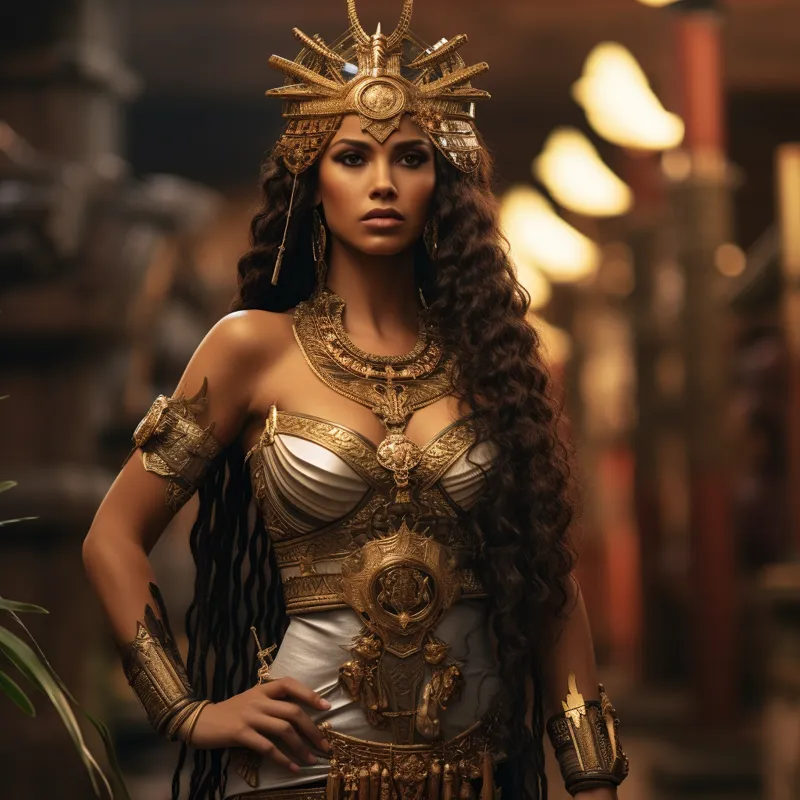
We will see... Champion
Reflection and Resolution

The old ways
With the belt in hand, Hercules returned to King Eurystheus, completing his ninth labor. The king, coveting the belt's splendor and power, was pleased, yet the hero's heart was heavy. The adventure had taught Hercules a valuable lesson about the consequences of misunderstandings and the destructive power of rumors.

Dark side of the moon
As Hercules recounted the events to his kin, he spoke not only of the battle but also of the Amazons' honor and Hippolyta's strength. He wished for a future where he could return the belt to its rightful owner and make peace. Hercules’ legend grew not only because of his strength but also due to his wisdom and humility.
The ninth labor of Hercules, a tale woven with threads of courage, diplomacy, and conflict, became a testament to his complex heroism. It was an odyssey that illustrated the duality of man's nature, where the pursuit of a noble cause could be marred by the machinations of the gods. Hercules’ name was etched in history, a hero not only of brawn but of a heart striving for justice and understanding amidst the tumultuous tapestry of human—and divine—affairs.


